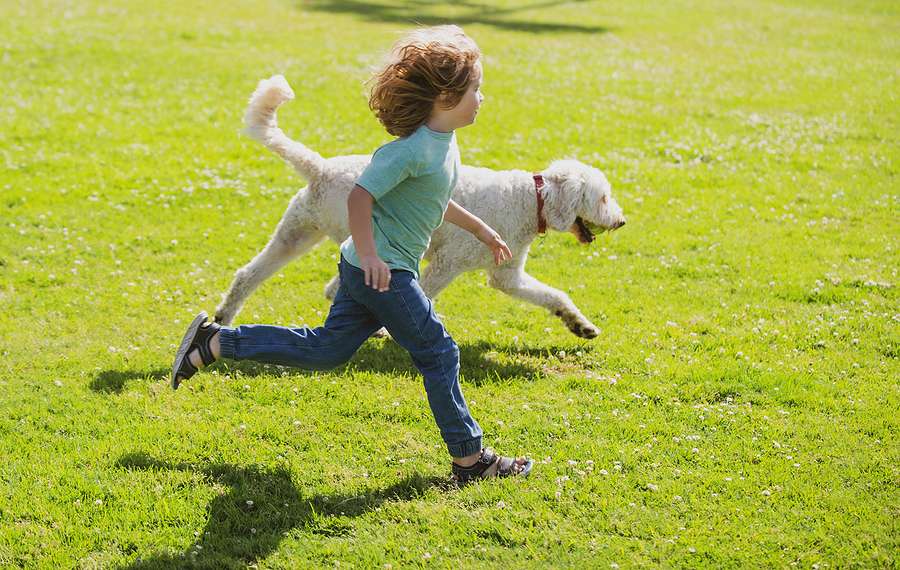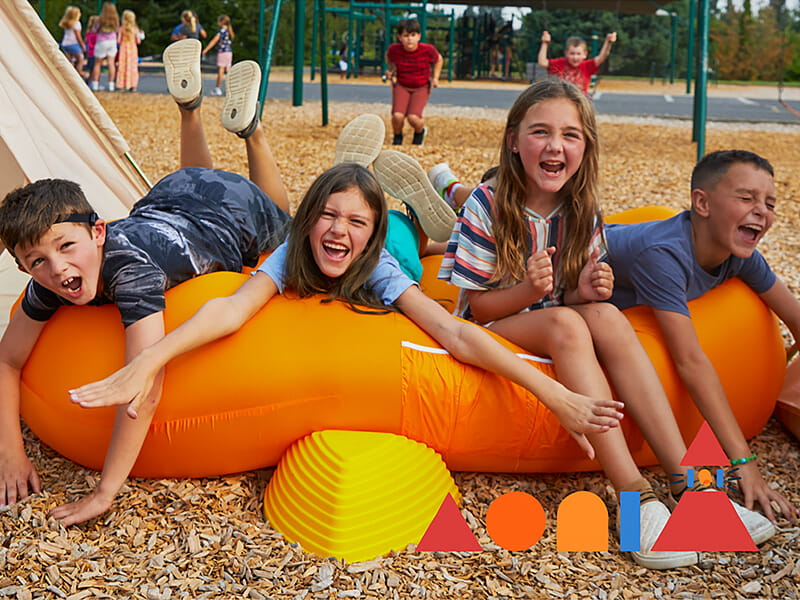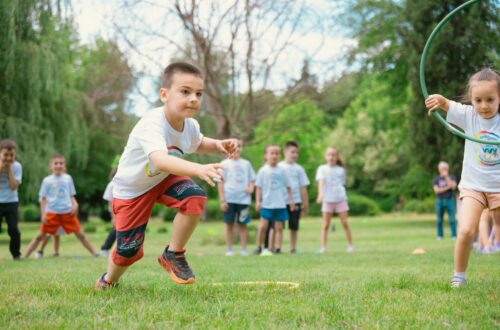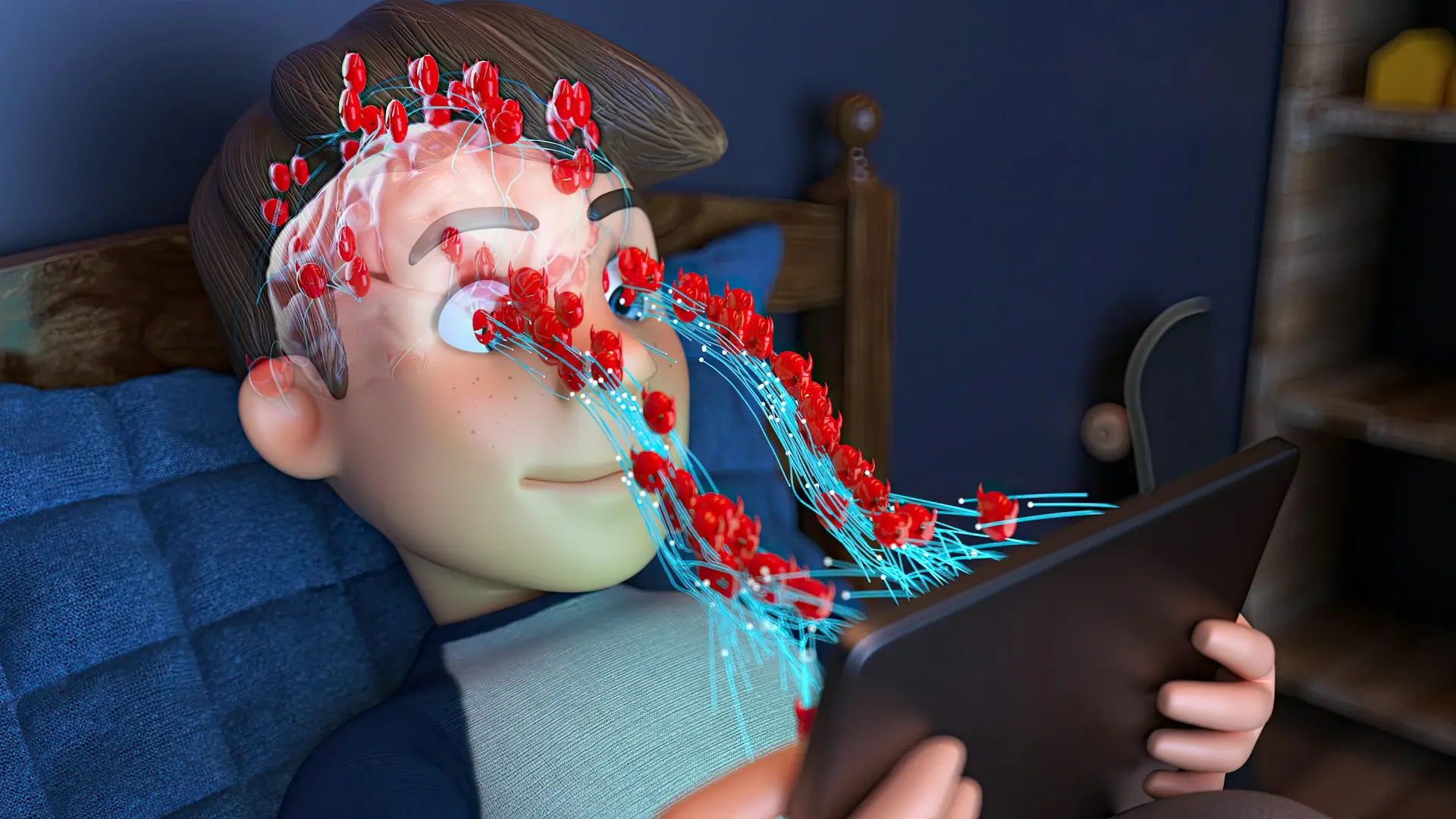Pets are more than just adorable creatures; they have a profound and often overlooked impact on the holistic development of a child. For many families, pets play an integral role in the household, becoming an essential part of children’s daily lives and growth. The presence and care of a pet can influence a child’s cognitive, emotional, social, and physical development.
One of the most noticeable impacts pets have on child development is the enhancement of social skills and emotional intelligence. Interacting with a pet requires communication and comprehension of non-verbal cues. Even though pets may not understand human language as we do, they can sense emotions and respond accordingly. This interaction helps children develop empathy and compassion as they learn to read the pet’s needs and feelings.
Pets also contribute to cognitive development. As children observe and interact with their pets, they learn about different animal behaviors, their needs, and their life cycles, which can stimulate curiosity and learning about the broader natural world. Furthermore, pets can also indirectly foster literacy skills. Young children often engage in “informal storytelling,” or recounting their day to their pets, which helps enhance their communication and narrative skills.
The presence of a pet can also positively impact a child’s physical health. Activities such as walking a dog, playing fetch, or even cleaning a pet’s habitat encourage physical movement, helping to promote an active lifestyle. Studies have shown that children with pets tend to spend more time outdoors and engage in more physical activities compared to those without pets. This increased activity level contributes to better overall health and can reduce the risk of childhood obesity.
Beyond physical and cognitive benefits, pets provide emotional support to children. Many kids turn to their pets during times of stress, sadness, or anxiety. The companionship of a pet can act as a source of comfort, offering a sense of security and unconditional love. This emotional connection helps children develop self-esteem and confidence, knowing that they have a loyal friend by their side.
Having a pet also instills a sense of responsibility and discipline in children. Taking care of an animal requires routine and commitment, whether it’s feeding, grooming, or ensuring their pet’s well-being. These responsibilities teach children valuable life skills such as time management, patience, and accountability, which are essential for their personal growth and future independence.
For children with special needs, pets can serve as therapeutic companions. Animal-assisted therapy has been shown to provide numerous benefits for children with autism, ADHD, or anxiety disorders. The presence of a pet can create a calming effect, helping children regulate their emotions and improve focus. Trained therapy animals can assist children in developing social skills and reducing stress in unfamiliar or overwhelming situations.
The relationship between children and pets is dynamic and mutually beneficial. While pets provide comfort, companionship, and support, children also learn vital lessons about kindness, responsibility, and the importance of nurturing relationships. The experiences gained from pet ownership often extend into adulthood, shaping individuals into more compassionate and empathetic members of society.
To learn more about how pets play a significant role in child development, visit Paws, Purrs, and Child Development: The Significant Role of Pets in Shaping a Child’s Growth.




